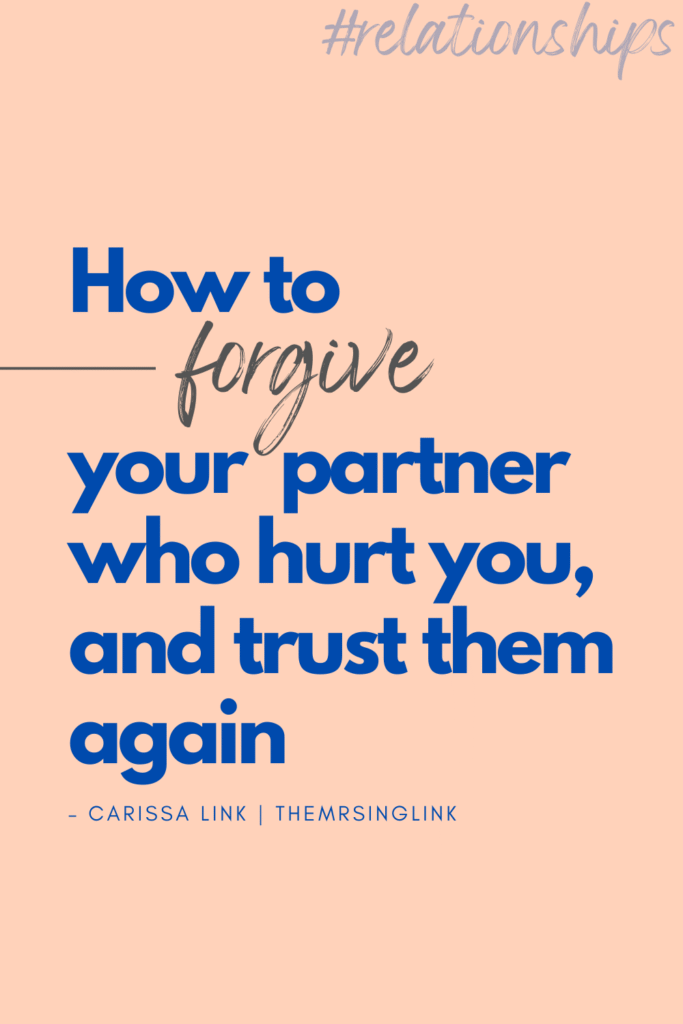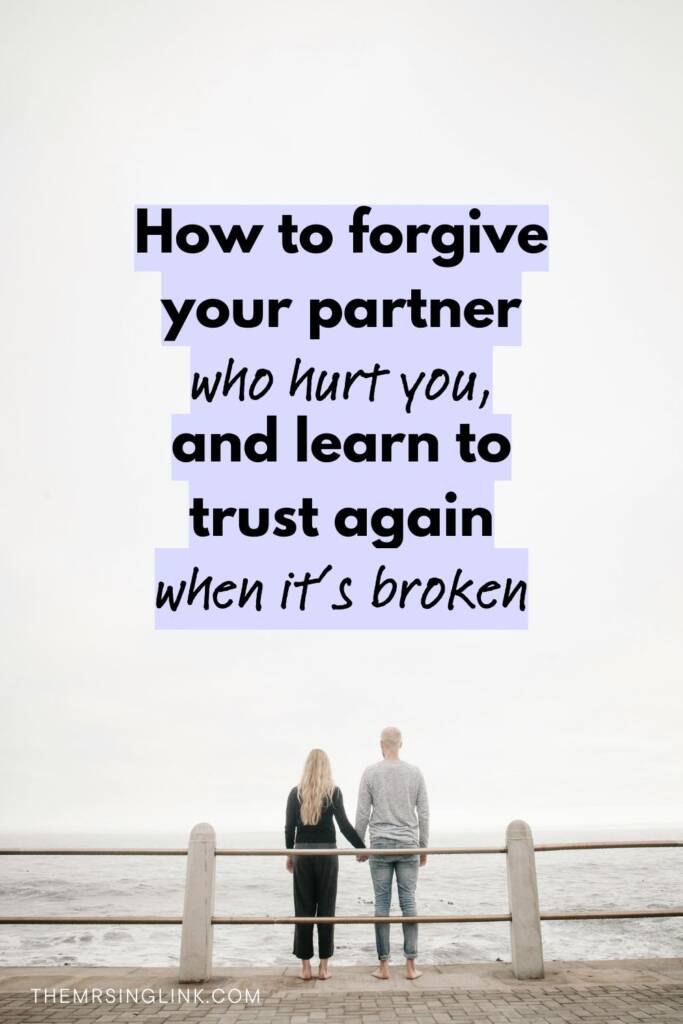Forgiving someone who hurt you and trusting them again isn’t easy. Not impossible but not effortless, either. If it were impossible, that can indicate how little importance that person is to you. Though its still incredibly painful when having to bear the question of how to forgive your partner who hurt you, as well as trusting them again.
As if rebuilding trust wasn’t hard enough, forgiving the person who broke that trust is a whole other battle. And the first step is understanding the true meaning and purpose of forgiveness, which is often taken out of context. Hence why many struggle with forgiveness in the first place.
Table of Contents
Many are quick to slap on the forgiving label (because that’s what a well-rounded, spiritually healthy person does, right?) without actually forgiving at all. Forgiveness, in a sense, is defined by a meaning someone wants to give it in that moment – much like the words I Love You these days. Often spoken, yet with little to no meaning… or having the wrong one.
Truthbomb #1: Without true forgiveness, there can be no trust.
How to forgive your partner who hurt you, and trust them again
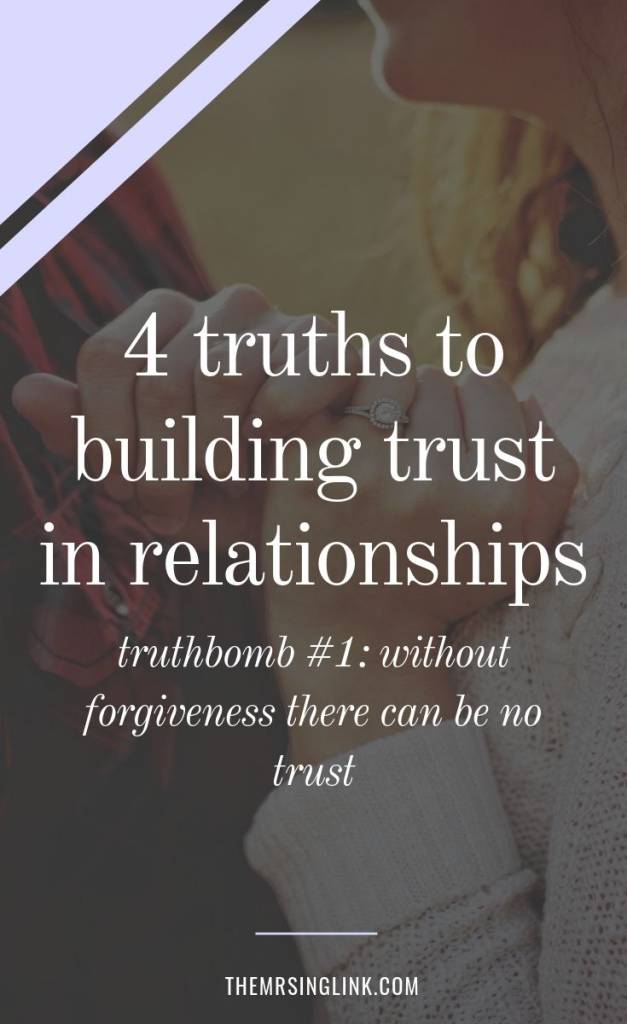
Forgiveness is to let go of its effect, not excuse the behavior
In a way forgiveness is power, depending how you look at it. Often times, people will use distrust from previous relationships as a dictator of trust in future relationships. This in no way establishes a healthy foundation to any new relationship.
Yet, on the flip side, most translate, “I forgive you,” as, “what you did is okay,” or “I will give you a pass (without punishment).” In our humanity, pain and suffering makes it really difficult to see it any other way.
Moreover, many are convinced that forgiveness is simply enabling or excusing the continuum of poor behavior and maltreatment; so as long as anyone breaks your trust, they are not deserving of forgiveness because we think “How *could* they, in the first place?“
Forgiveness is difficult when we desire justice and reparation, and oftentimes we’ll refuse to consider forgiveness in order to self-determine and control someone’s deserving of it. Or worse, we’ll claim forgiveness then continue to hold it against them (with the expectation of repayment).
The fact of the matter is forgiveness does not promise those things – not even an acknowledgement or an apology. And the basis of forgiveness should not depend on those things – hear me out.
The ongoing problem is we think forgiveness has to do with the other person in connection to the hurt they caused. So we think withholding forgiveness is somehow this retaliation, punishment, restraint or control over them. It’s really not the *gotcha* we think it is. When you really think about it, it actually shows how much control and effect someone has over us.
Unfortunately, most of us fail to see how unforgiveness ultimately ends up hurting, failing and enslaving us more.
[Related Read: Are opposite sex friendships a threat in marriage?]
Forgiveness is about letting go – no, I didn’t say “forgetting”. It’s about releasing its effect on you – the wrong, hurt, deceit, and betrayal – without expecting them to give you an antidote. It’s making the conscious decision to relinquish what doesn’t even belong to you, even if it was thrown at or forced upon you, so that it will no longer take hold of controlling you or your life.
So when we say, “I forgive you,” what it really means is, “I will not hold onto this.” In doing so, this doesn’t enable or excuse the behavior but disables the behavior from having a lasting effect on you.
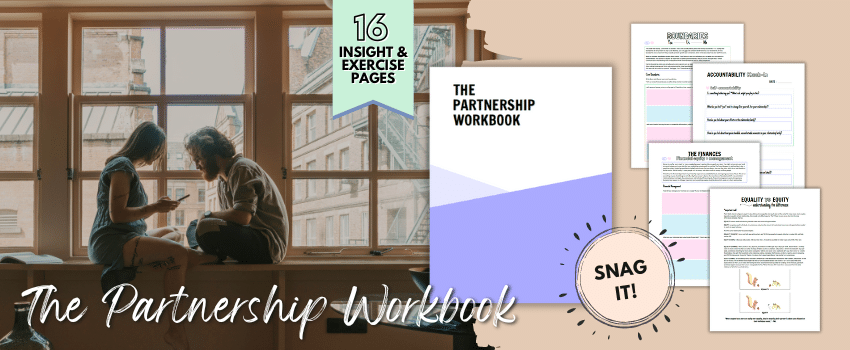
Trust and forgiveness still boil down to choice
Your partner can literally – at best – move mountains to prove to you his loyalty, honesty and sincerity. Some will go all lengths, spend years doing it, and still never fully receive their partner’s trust in return. As the coined phrase goes, “Lost in buckets, regained in droplets.“
Since you are accountable for your healing, no amount of sweet words, thoughtful actions, and bouquets of flowers will fix or resolve what cannot be undone. It will make a tender area more bearable, like a cute band-aid over a boo-boo, but it is only a sliver of the repair process.
Trust is also a choice… on your behalf. Some days will be easier than others – some days you won’t want to or can’t bring yourself to choose trust.
No matter how much we despise hearing, knowing or admitting it. The only way you will ever fully trust is by entrusting yourself to do so, which can be challenging when the ability to trust yourself is affected by your lack of or lost trust in others.
And because trust is a choice, it also requires a mutual willingness. Trust is a two-way street. If you allow bitterness, paranoia, and animosity to overrule the risk of trust, you will never really benefit from his willingness to turn the relationship around. So as difficult as it is to fathom, if you genuinely want to trust you must also choose to trust.
Psst, reads you also may like..
Vulnerability is key, but not under harsh light
You can’t expect openness and honesty when it is not welcomed. As much as I believe that honesty should be a standard of integrity and humility, I also know there’s no way I would want to surrender in a battle where my enemy is not even willing to yield.
Even if it’s a war I started.
So in the midst of distrust, agony sets in and both parties are on edge or at their breaking point. It’s like walking on eggshells. Walls are up and a defensive attitude is always on guard, and neither can break through – no matter what is done or said in an attempt to reconcile.
If you can imagine what kind of environment that creates in a relationship, where both partners are supposed to be allies, it definitely isn’t promoting vulnerability. Not even for the person who broke the trust in the first place.
When you have a partner who is making the attempt and willing to put in the effort to rebuilding trust, it’s important that those mixed emotions do not poison the attempt for repair. When an effort is being made yet continually dismissed, poked, prodded, invalidated and ignored, compliance with transparency can be revolting – slowing down the process of rebuilding trust, or even bringing it to a halt.
In the process of rebuilding trust, defiance is often perceived as rejection.
You’ve probably read the quote, “Don’t bring up a person’s past mistakes when they are trying to change.” In other words, don’t kick someone while they’re already down. It would also be like shoving someone to the ground as they’re trying – maybe stumbling – to get back up on their feet.
You know what can happen when someone gets knocked down enough times? They will eventually give up, or stop trying.
It’s important to take that into consideration when your partner is trying to lean in, change or make amends (yes, even if in baby steps). This may not be timely, of abundance, as sincere or satisfying as you need it to be, but a toxic environment will only continue to dim the light on rebuilding trust.
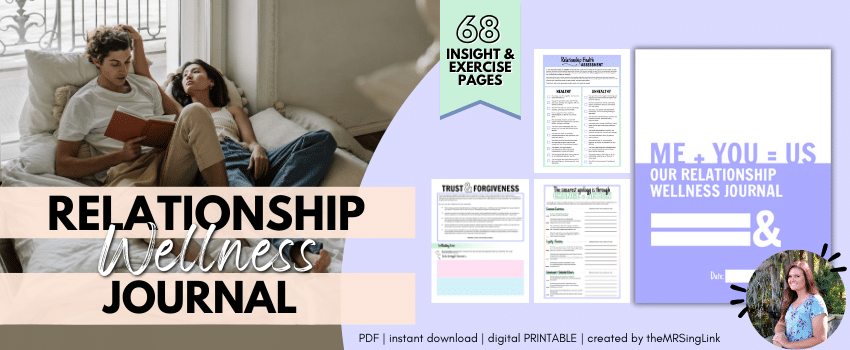
Trust and forgiveness are a process, and sometimes painfully slow
Did this one make your tense should ease up a bit? I hope so. Because trust and forgiveness won’t be an instantaneous thing – it’s a process. And that process doesn’t mean hitting the Start button and then walking away, either.
We’re human. If we were meant to exist in perfection, the world would literally be a living, breathing Truman Show with absolutely zero negative emotional fluctuations.
Like robots. In case you forgot, we are not.
Once trust has been broken, it’s difficult not to see the tiniest, meaningless mishaps or mistakes as faulty. These are then amplified x100 when trust is in the repair stage. You might see every little thing he does wrong (or that simply displeases you) as a way to intentionally spite and hurt you. It may even convince you that he no longer cares about the relationship, or isn’t trying.
Since trust and forgiveness is a process, part of that process is allowing for room to grow…and make mistakes.
Unfortunately if you ever want to fully trust or rebuild the trust, you must be willing to love someone enough to give them the room to improve and grow, while also not holding them against their mistakes. Because we all make them, even at the expense of those we love.
You cannot rush or change any aspect of the relationship your partner isn’t willing on their own – the only factor you can control is whether you stay or leave.
